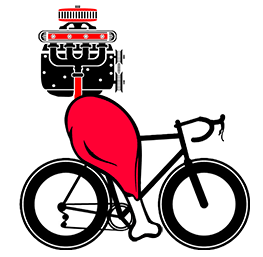Should You Warm Up? How a Pre-Race Warm-Up May Prime Two Different Responses Depending On Your Fitness
How You Warm Up, and the Effect It Has Can Differ Based on your τVO2 and Event Duration Recent studies show that doing an active “warm-up” before an endurance event may improve how you perform. Scientists call this the “priming effect.” A warm-up changes how fast your body adapts its oxygen use when you start … Read more
